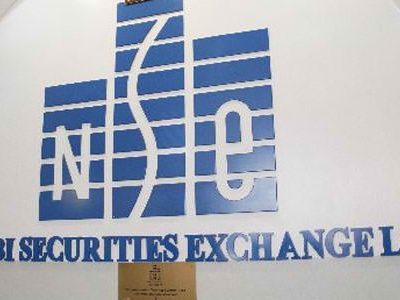For decades, society has celebrated traditional career paths. Parents, teachers, and institutions have nudged young people toward respectable professions—engineers, doctors, professors, lawyers, pilots, teachers, accountants, bankers. These careers often guarantee stability and, in many cases, high salaries.
But in this pursuit of professional excellence, one critical subject was left out of the syllabus: financial literacy.
The result is a paradox.
Many highly skilled professionals land high-paying jobs yet find themselves drowning in debt, struggling with lifestyle inflation, or stuck in the cycle of living paycheck to paycheck. Despite the six-figure incomes, there is often little to show in terms of real, sustainable wealth.
The truth is, earning more money is not the same as managing it well. Without the skills to budget, invest, and build assets, income alone cannot create financial independence. In fact, higher salaries often fuel poor spending habits, leading to bigger loans, higher expenses, and mounting financial stress.
Breaking the Cycle
To bridge this gap, there must be a shift in both personal mindset and institutional priorities:
-
Financial Education as Core Learning – Just like math and science, money management should be taught early. Schools and universities must equip students with knowledge about credit, investing, and entrepreneurship.
-
From Employees to Owners – Career growth should not just mean promotions. Professionals should be encouraged to diversify income through business ownership and investments.
-
Wealth Over Lifestyle – True success lies not in flashy cars or expensive homes, but in building assets, passive income, and long-term security.
Conclusion
The modern professional must learn what schools never taught: how to make money work for them. High-paying jobs open doors, but financial literacy keeps them from closing. Until society embraces wealth creation alongside career growth, many will remain trapped in a cycle of “earning more but owning less.”





